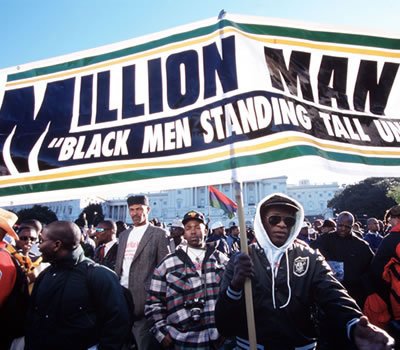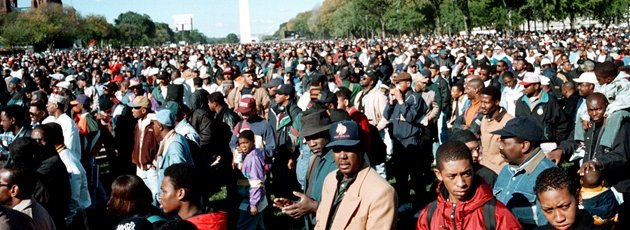- Home
- News & Blogs
- About Us
- What We Do
- Our Communities
- Info Centre
- Press
- Contact
- Archive 2019
- 2015 Elections: 11 new BME MP’s make history
- 70th Anniversary of the Partition of India
- Black Church Manifesto Questionnaire
- Brett Bailey: Exhibit B
- Briefing Paper: Ethnic Minorities in Politics and Public Life
- Civil Rights Leader Ratna Lachman dies
- ELLE Magazine: Young, Gifted, and Black
- External Jobs
- FeaturedVideo
- FeaturedVideo
- FeaturedVideo
- Gary Younge Book Sale
- George Osborne's budget increases racial disadvantage
- Goldsmiths Students' Union External Trustee
- International Commissioners condemn the appalling murder of Tyre Nichols
- Iqbal Wahhab OBE empowers Togo prisoners
- Job Vacancy: Head of Campaigns and Communications
- Media and Public Relations Officer for Jean Lambert MEP (full-time)
- Number 10 statement - race disparity unit
- Pathway to Success 2022
- Please donate £10 or more
- Rashan Charles had no Illegal Drugs
- Serena Williams: Black women should demand equal pay
- Thank you for your donation
- The Colour of Power 2021
- The Power of Poetry
- The UK election voter registration countdown begins now
- Volunteering roles at Community Alliance Lewisham (CAL)
The Million Man March – October 1995
19 years ago this week, African-Americans in the United States gathered en masse for a march on Washington DC. Minister Louis Farrakhan led thousands of Black men as they gathered to declare their rights to equal justice.
The march aimed to place Black issues back on the American government agenda. At the time, Blacks faced an unemployment rate nearly twice that of their white counterparts and an incarceration rate that was also much higher. Additionally, funding cuts to inner-city schools and hospitals were disproportionately affecting African-American communities. Organizers of the event hoped to place these issues back on the map and stir the government to action.

The Million Man March also sought to combat negative stereotypes against Black men. Event organizers feared that media coverage of figures like O.J. Simpson and Mike Tyson were perpetuating the worst of these stereotypes, and wanted to give the media more positive images to broadcast. The men who marched focused on commitment, responsibility, and community.
Many celebrated African-American civil rights activists and leaders, including Rosa Parks, Rev Jesse Jackson, and Maya Angelou, spoke at the march. Participants repeated a pledge that Farrakhan recited declaring that they would be responsible and active Black men within the community.
Although this was a primarily male event, female African-American leaders organized a companion event called the Day of Absence. African-Americans were encouraged to stay home from school or work and instead gather in places of worship or homes, to discuss and consider the role of Blacks in America. (Two years later, a Million Woman March was held to address the exclusion of women from the original march.) Programming for the day also included mass voter registration.
Despite controversy over the exact crowd size, it is estimated that hundreds of thousands of black men showed up to march, and many more were affected by it subsequently. It inspired many people to stand up and try to make a difference.
Ruth Hirsch
